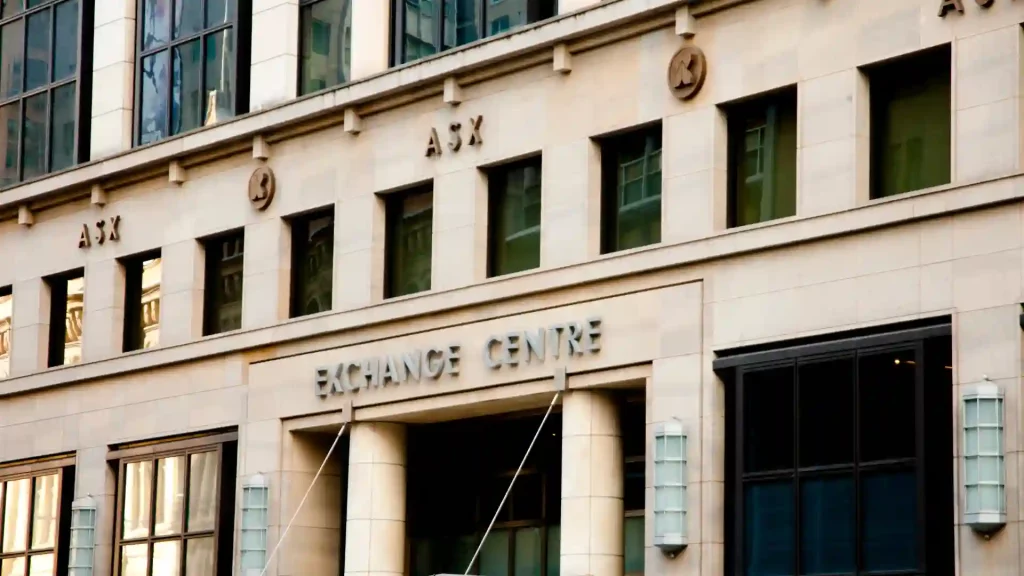On Friday (5th May 2022), Australian stocks plunged lower amidst the worldwide sell-off with all industries within the red zone as fears of a swifter rate-hike cycle were rekindled. However, the apprehensions of sharper rate-hike cycles maintained the risk desire in check after Australia’s central bank upheld inflation projections considerably.
The ASX 200 was incinerated to the jingle of over AUD 50 billion after recession apprehensions prompted Wall Street and guaranteed all regional market sectors to close the week at a lower circuit.
The ASX 200 closed 2.2% lesser, down to 7205.6 (159 points), with the technology sector (down 4.5%) led by Xero’s 9% drop. The real estate sector kaput the week 8% lower with the outlook of enhanced interest rates inhibiting the yield plea of groups like Scentre, Dexus, and Goodman.
More colossal falls comprised Rupert Murdoch’s News Corp, which plunged as much as 12% after a Q3 update that encompassed surging prices at Kayo, its sports streaming service. The enlarged prices are understandable due to the streaming service’s quarterly revenue and Binge, which clear-fell 6%.
Macquarie Group commenced handing out a ‘profit share’ of AUD 123.8 million to key management personnel – more than 16% compared to the previous year. The investment bank testified an AUD 4.7 billion profit all year and hoisted its dividend. However, the stock plummeted over 8% on its prospect, with the group warning of considerably inhibited income from its commodities trading wing and reducing transaction movement.
The Q1 result from Afterpay’s new-fangled proprietor, Jack Dorsey’s Block, shone some light into how the AUD 39 billion takeover was proceeding.
According to Block, the Buy Now Pay Later feature allowed to augment Block’s portal to produce a whopping USD 92 million of gross profit.
The Final Stance Taken by Australian Shares
The Reserve Bank of Australia cautioned that core inflation could hit 4.6% by December 2022, an astonishing 2% points bigger than its earlier forecast in the dawn of 2022.
Interest rate-sensitive tech shares, which traced a lackadaisical Wall Street session, plummeted 4.5% to underscore their fifth straight weekly deficit.
Industry titans Xero and ASX-listed stocks of Block knocked off 8.6% and 1.7%, respectively.
Kerry Craig, JP Morgan global market strategist, referred to the inadequate performances in markets and stated that buyers were banking on central banks to regulate inflation without transgressing on growth with several economic indicators at extremes and out of their control.
Financial data recoiled 2%, supplying their worst week since late February 2022, with the Big Four banks plunging betwixt 0.4% and 2%.
Macquarie Group fell 7.6%, which was its worst day since 2020, after the fiscal mogul signalled that the earnings dwindle despite posting a record yearly profit.
CommSec market analyst, Steven Daghlian, stated that Australian markets were pricing in on as many as ten rate hikes by the dusk of 2022. He thus implied that the currency rate would be approximately 3% by the following year.
The mining sub-index slipped 2.1%, with moguls like Rio Tinto and BHP tumbling 1.9% and 1.8%, respectively.
CSL, a biotechnology company and one of Australia’s most colossal firms by market value, abandoned 1.9% in its worth this week.
The S&P/NZX 50 index (New Zealand’s benchmark) slid 1.2% to 11609.38 and witnessed its worst week since March 2022.
